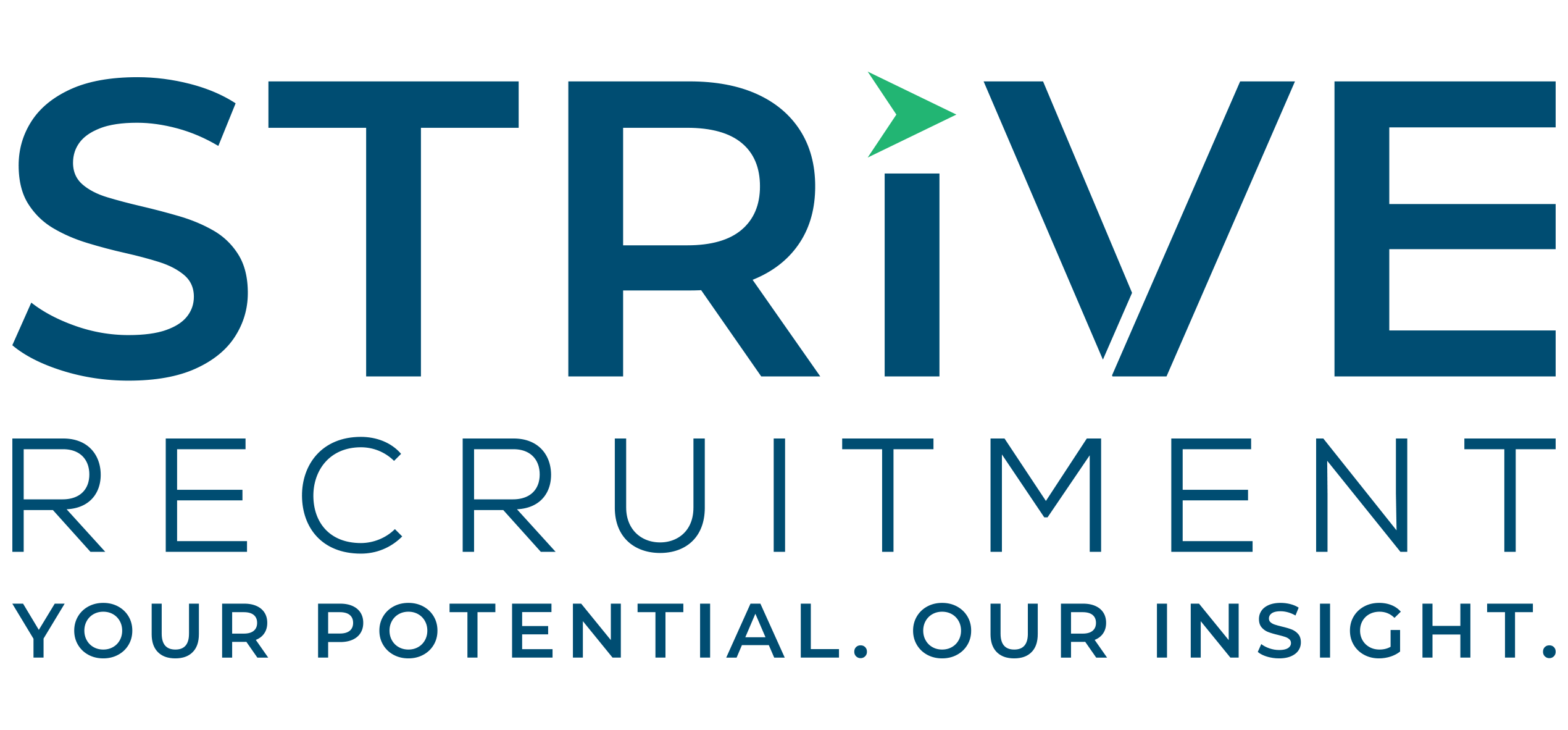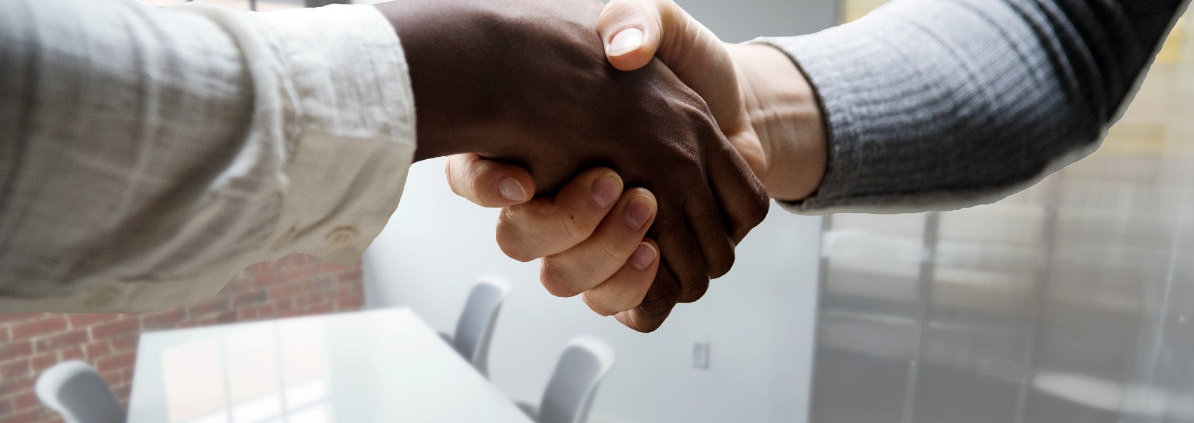9 Steps to Prepare for a Job Interview
Job interviews can be a nerve-wracking ordeal for everyone involved. There is enormous pressure on the interviewer to sort through dozens of candidates to find the best fit, while the candidate is feeling all kinds of anxiety trying to present themselves as professional, enthusiastic, qualified and personable – all at the same time. The tension is palpable, and instincts are on high alert.
Keeping this in mind, it’s extremely important to make a strong first impression. Given the interviewer is in judgment mode and has dozens of interviews to attend to, it’s entirely possible their mind will be made up about you within the first few minutes of the interview. That’s why preparation is so important.
As a job candidate, there are several things you can do in advance to build a strong foundation for the interview. The last thing you want is to appear unprepared, unprofessional, and unfit for the role. In this article, we’ll break down 9 things you can do to crush your interview – before you even step into the room:
Why do you want the job?

At first glance, this is an obvious question that doesn’t require much preparation. Of course, this new job has everything you’re looking for – it’s a new opportunity, the pay and benefits are healthy, and the role seems fulfilling. But that might not cut it in an interview. Your future employer is probably looking for something a little more inspiring, assuming there are dozens of candidates lined up who all want the job.
For this nearly inevitable question, consider the specific things that excite you about the company and the role. And if possible, try to connect your skills and experience to your answer. Maybe the company is making a positive impact in a certain community, and you want to be part of that. Or maybe the role is a unique opportunity for you to showcase your skills and become the best version of yourself.
Related Post => 5 Habits That Can Turn Interviewers Against You
Identify your competitive advantage
Closely tied to the reason why you want the job, your competitive advantage should be the main selling point of the interview. It’s imperative you come to the interview prepared with what exactly your competitive advantage is. Your university degree is likely not something that will set you apart, unless the role you’re applying for doesn’t require or recommend post secondary education.
Try to think about the unique experiences you’ve had that have shaped your outlook, skills and behaviour. Maybe you can speak a language that a large subset of the customer base can speak. Or maybe you have experience using a software program or tool from your previous role that this company also uses. Also consider looking back on some of your most challenging life experiences. Typically, you can dig out key life lessons and character-building moments that will help mould your competitive advantage.
Learn all about the company

Forgetting to learn about the company you’re applying to work for is one of the surest ways to appear unprepared and unfit for the position. By learning about the company’s history, products and services, customers, culture and other interesting tidbits, it’ll show that you’re taking the interview seriously and have a real desire to work for the company.
It isn’t necessary to make a big show of everything you know about the company – that will come off a bit too rehearsed. But definitely arm yourself with some interesting facts or stories about the company that you can bring up when it feels natural. There may be a time when the interview says, “tell me what you know about the company…”. That will be your time to shine. But in case that opportunity doesn’t come, prepare yourself with some questions about the company that will also demonstrate your research and interest.
As an example, “I’ve heard a lot about this (cultural habit) at the company, can you tell me more about what to expect there?”, or “how have your customer reacted to this change in the product made a couple years ago?”.
Get ready for the obvious questions
It’s almost guaranteed that you’ll hear a few typical interview questions. There will likely be questions that probe your desire to work at the company, your skills, your experience, and your knowledge about the company. But there are often common situational questions that get brought up as well.
You can’t prepare for them all, because there are surely dozens of ‘common interview questions’, but you can do your best to nail a handful in advance. Think about situations in previous work and life experience where you had to resolve conflict, work in teams, manage time expertly, communicate in a challenging circumstance, and complete work on a tight deadline.
Dress the part
Dressing for the job you’re applying for (of failing to) is one of the easiest ways to make a strong first impression. Arriving underdressed is an obvious job interview faux-pas. In this scenario you’re almost sure to seem unprofessional and unprepared, depending on how poorly you’re underdressed.
Over-dressing is a little more complicated. The general accepted advice is that it never hurts to be overdressed, but this may not always be the case. In some companies the dress code may be very relaxed and casual, so if you show up in a three-piece suit, you could appear out of touch or that you don’t know much about the company.
It’s always a good idea to research the dress code of the company you’re applying at. If you can’t find anything online, just ask! Showing up in similar clothes will give the impression that you’re a good fit for the role. And if you’re in doubt, always air on the over-dressed side.
Prepare some questions of your own
Almost inevitably, there will be an opportunity to ask the interviewer some questions. Question period will usually present itself during the backside of the interview, but don’t be surprised if you get the chance right away.
This is precious time that should not be wasted. Even if you’ve researched the company meticulously and think you know everything there is to know, come prepared with questions of your own. The better your questions, the more prepared, engaged and interested you will seem.
Remember your body language

As you prepare for your job interview, it’s easy to get caught up in what you’re going to say. Body language should not be neglected, as it can easily ruin your first impression. As you prepare, also think about how you can reflect positive body language that makes you seem enthusiastic, happy to be there, and professional.
To start, practice your posture in a mirror both standing and sitting down. You’ll want to make sure you posture is straight yet relaxed at the same time. You should also devise a plan to curb your appearance of being too nervous. Try as best you can to transfer that nervousness into excitement, and have a plan for your hands so you aren’t constantly fidgeting. And finally, don’t forget about eye contact!
Bring extra resumes
It never hurts to keep a couple copies of your resume on hand for a job interview. At the very least, you aren’t showing up empty handed. Showing up with a few extra resumes in a tidy folder or binder will give you the appearance of being prepared, if nothing else. It’s also entirely possible that the interviewer has lost your resume in the collection of other resumes. Maybe your resume was handed off to someone else and forgotten. Or maybe a few extra interviewers will show up unplanned.
Practice!

The final step for job interview preparation is practice! It’s no secret that practicing your questions and answers will make you sound and look more prepared, professional and fit for the role. Grab a friend or family member to help you with a round of mock interviews – try to make them feel as real as possible. Getting practice rounds under your belt will help you sound confident in your skills and experience.
If you go into an interview without any practice, you’re bound to garble and trip over your words. And it may sound like you’re making things up on the spot (because you likely will be if you’re not prepared).
Are you looking for your next job opportunity? STRIVE Recruitment is actively looking to fill roles in corporate administration, finance, operations, manufacturing, and much more. Browse our complete list of job opportunities here.


